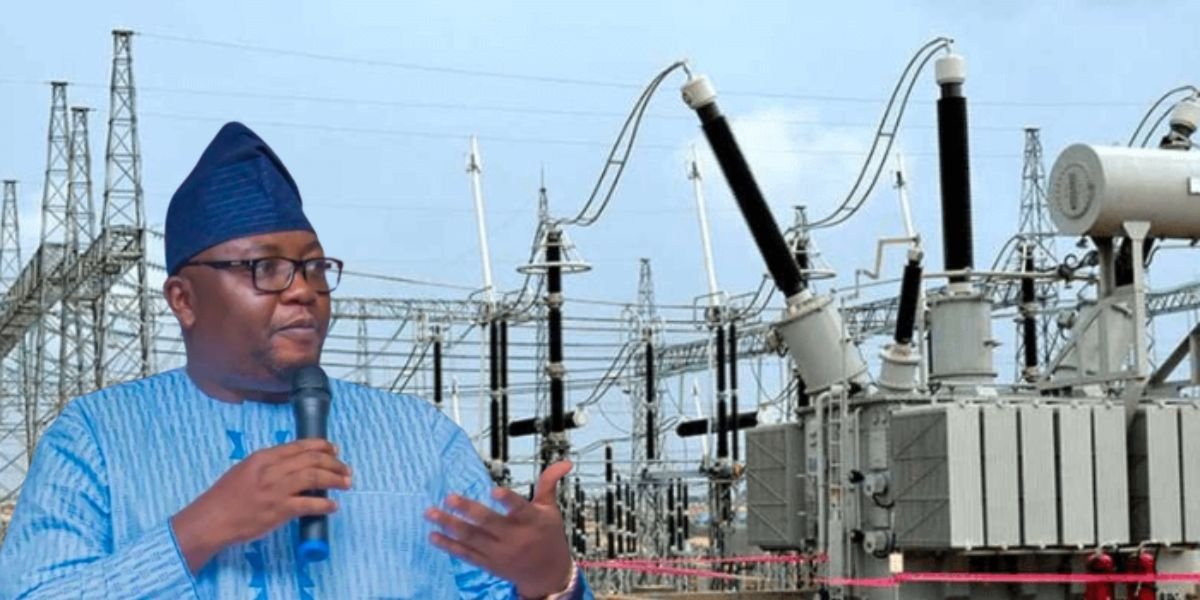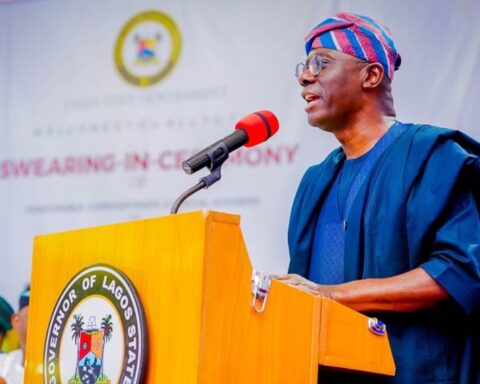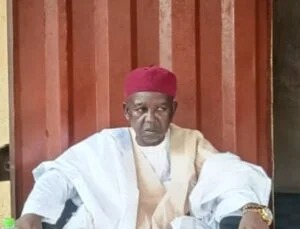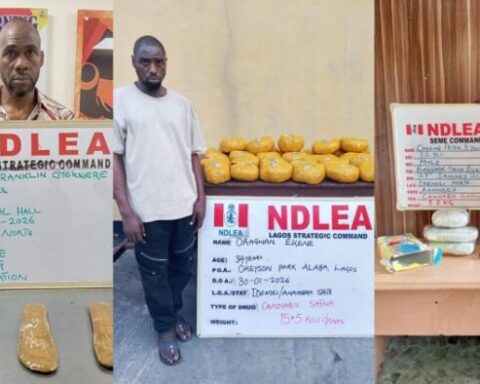Abuja, Nigeria — The Federal Government is set to establish a super electricity grid to serve as a backup for Nigeria’s existing national grid, which has experienced repeated failures, according to Minister of Power, Adebayo Adelabu.
Addressing reporters at the Presidential Villa after a meeting with President Bola Tinubu, Adelabu attributed the grid’s instability to outdated infrastructure, much of which dates back over 50 years. He emphasized the need for a comprehensive upgrade and explained that the super grid would allow for alternative transmission if the main grid encounters disruptions. “The current system lacks resilience. If the national grid fails, the super grid will provide an alternative route to ensure households stay connected,” Adelabu stated.
The power minister also highlighted plans to decentralize the grid with regional grids to enhance stability and independence. “Global standards have moved past a singular, centralized grid. By regionalizing our power system, each area will operate independently, reducing the risk of one region’s issues impacting others,” Adelabu explained.
The aging infrastructure has posed significant challenges, especially in the northern region where some transmission lines and substations are on the brink of collapse. Adelabu mentioned that the transformer which recently failed in Jebba had been in service for 47 years. “Revamping the national grid won’t happen overnight, but we’re taking steps to stabilize the system as we work on permanent solutions,” he added.
The need for a super grid comes as Nigeria grapples with frequent grid collapses, which have occurred seven times between January and October 2024, spurring public frustration. Recent grid failures left parts of the South-East and North-West without power, renewing calls for urgent reforms.
Adelabu further disclosed ongoing efforts to restore power in the North, which faces heightened challenges from vandalism and bandit attacks. He informed President Tinubu of the security issues hindering repairs on key transmission lines, such as the Shiroro-Kaduna line. In response, Tinubu pledged security support, with the National Security Adviser coordinating with the military to protect workers tasked with these repairs. Adelabu expressed optimism that full power restoration in the North would be achieved soon.
Beyond immediate repairs, Adelabu shared that the government is considering alternative power lines, including the Ikot Ekpene substation, although a recent fire has temporarily halted operations along this route.
Underlining the importance of modernizing the North’s power infrastructure, Adelabu announced a long-term initiative to establish solar-based power supplies across the region’s 20 states. “This distributed model will enable each state to generate its own power, leveraging the North’s high solar potential. With an average of 10 hours of daily sunlight, we can significantly reduce pressure on the national grid while ensuring a steady supply to the Northern states,” Adelabu noted.
The Ministry of Power has secured approval to upgrade the Shiroro-Kaduna line on a permanent basis, a move expected to provide a stable power supply to the North once completed. In the meantime, plans are underway to roll out an initial 50-megawatt solar installation in each state, eventually expanding to 100 megawatts.
“By implementing these changes, we are setting the stage for a more resilient, modern power sector that aligns with 21st-century standards,” Adelabu concluded.
Follow us on our social media channels for updates on stories @dailyquery_ for X , @dailyquery for Instagram and @dailyquery for Facebook



























